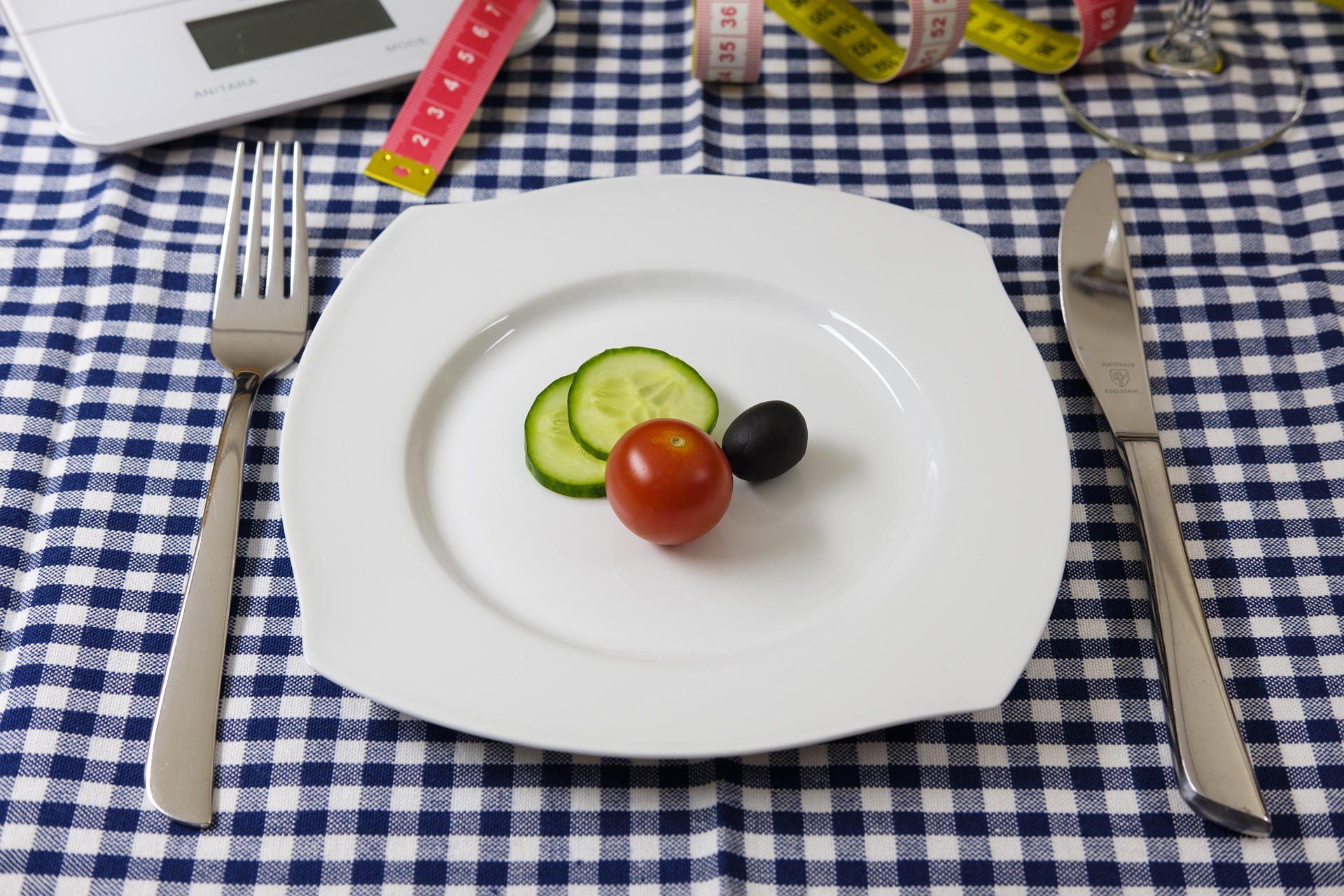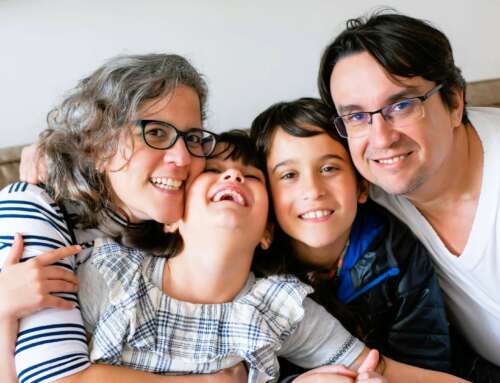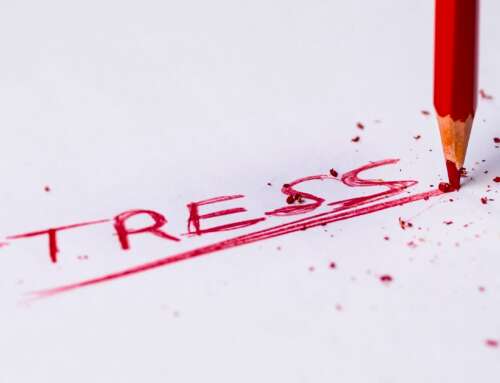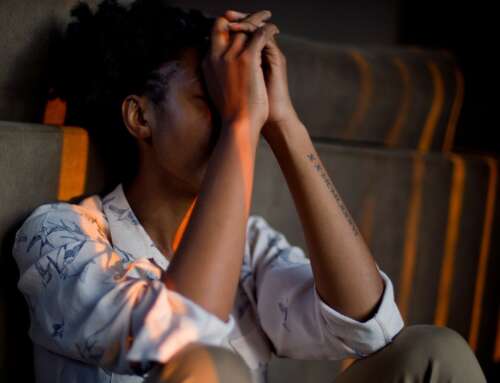In an interview earlier this month, the stars of BBC drama series, Age Before Beauty, criticised programs such as Love island for promoting unrealistic beauty expectations and plastic surgery among younger people.
One of the stars of the show, Lisa Riley, expressed concerns that reality TV risked being “treacherous” to young people over body image.
“You know, if you’re 18 and someone’s saying to you, ‘go and get your eyes done’, it’s absolutely abhorrent. It is a fear for the next generation and I feel that massively,” she said.
Fellow actor Sue Johnston echoed this, saying, “To see young girls in their twenties with their lips pumped up actually hurts me.
“I think: what will they do when they get to my age? Will they get there, you know? It’s this strange look, the way they must be looking at their faces – it’s desperate and it’s so upsetting.”
These actors aren’t wrong to fear the impact that reality TV shows are having on teenagers. One US study found that girls who view reality TV regularly are more focused on the value of physical appearance.
Seventy-two per cent said they spend a lot of time on their appearance (compared to 42 per cent of non-viewers). While more than a third (38 per cent) think that a girl’s value is based on how she looks (compared to 28 per cent of non-viewers) and 28 per cent said they would rather be recognised for their outer beauty than their inner beauty (compared to 18 per cent of non-viewers).
Psychologist and director at Body Matters Australasia Sarah McMahon says that reality TV shows are extremely appealing to young girls because they typically present as innocent and mindless entertainment.
– Jo Hartley
Read more: How ‘Love Island’ Puts Teenage Girls at Risk








Leave A Comment